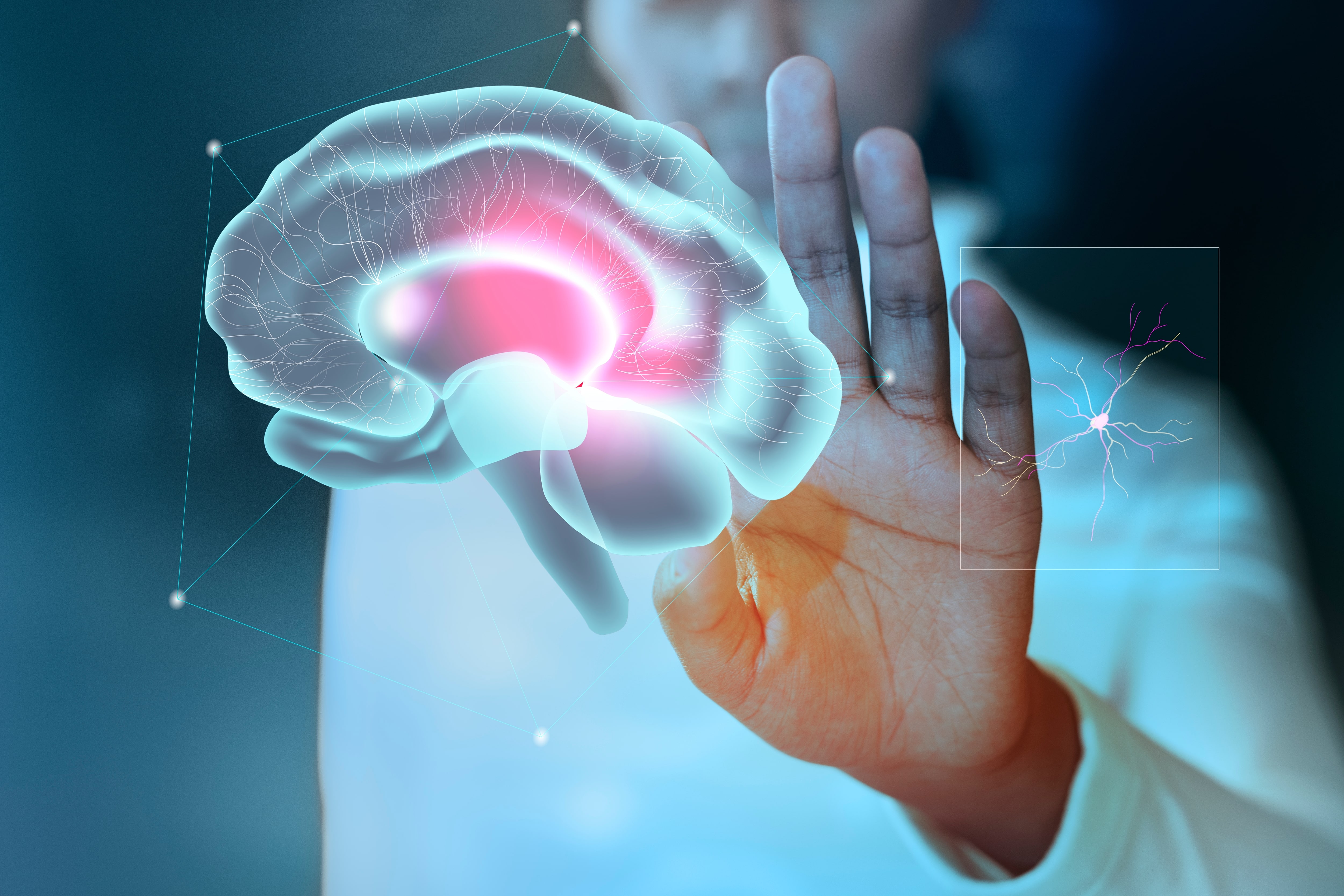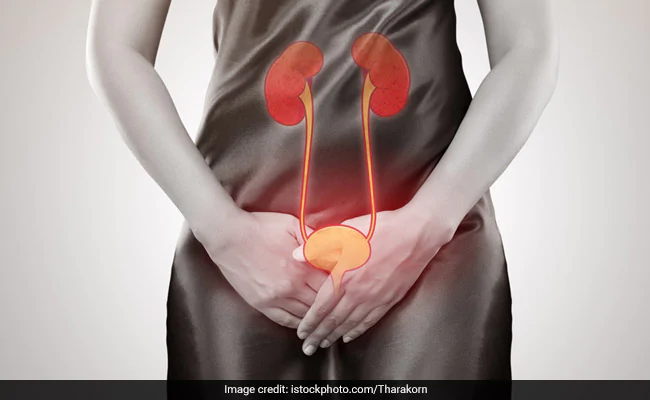- Our Doctors
- Our Specialities
Centres of Excellence
-
 Centre for Blood Diseases, BMT & Cancer Immunotherapy
Centre for Blood Diseases, BMT & Cancer Immunotherapy -
 Centre for Bone, Joint & Spine
Centre for Bone, Joint & Spine -
 Centre for Critical Care Medicine and ECMO Services
Centre for Critical Care Medicine and ECMO Services -
 Centre for Gastrosciences
Centre for Gastrosciences -
 Centre for Heart & Vascular Care
Centre for Heart & Vascular Care -
 Centre for Nephro-Urosciences
Centre for Nephro-Urosciences -
 Centre for Neurosciences
Centre for Neurosciences -
 Centre for Obstetrics and Gynaecology
Centre for Obstetrics and Gynaecology -
 Centre for Organ Transplantation
Centre for Organ Transplantation
Super Speciality
-
 Advanced Diagnostic and Interventional Radiology
Advanced Diagnostic and Interventional Radiology -
 Anesthesiology & Pain Management
Anesthesiology & Pain Management -
 Clinical Nutrition and Dietetics
Clinical Nutrition and Dietetics -
 Dental and Maxillofacial Surgery
Dental and Maxillofacial Surgery -
 Dermatology
Dermatology -
 Emergency and Trauma
Emergency and Trauma -
 Endocrinology and Metabolic Disease
Endocrinology and Metabolic Disease -
 ENT and Head & Neck Surgery
ENT and Head & Neck Surgery -
 Family Medicine
Family Medicine -
 General and Laparoscopic Surgery
General and Laparoscopic Surgery -
 General Medicine
General Medicine -
 GI Onco Surgery
GI Onco Surgery -
 GI Oncology
GI Oncology -
 GI Surgery, Advanced Laparoscopy and Gastro Oncosurgery
GI Surgery, Advanced Laparoscopy and Gastro Oncosurgery
-
- Key Procedures
- Our Hospitals
- International Patient
- Contact us
-
Quick Links
Blogs

Difference Between Alzheimer's And Dementia
Alzheimer’s and Dementia are medical terms that are often used interchangeably by laymen. The truth is, even though there are similarities in both conditions, these two are completely different in terms of diagnosis and management. Dementia is a syndrome or an umbrella term that encompasses various symptoms caused by physical disorders affecting the brain whereas, Alzheimer's is a specific type of dementia.
Understanding Dementia
Dementia denotes loss of cognitive function, that is decline in the ability of thinking, remembering or reason. It is a progressive condition, that advances with age. Dementia is not a disease per se, and the occurrence of dementia symptoms is caused by various conditions. The causes depend on the type of dementia but common causes are Alzheimer’s disease which accounts for 60 to 80 percent of cases, Parkinson’s disease, Infections like HIV, Stroke, Repetitive head trauma, Depression, and Chronic illicit drug abuse. Dementia ranges in severity from the mildest stage, when it is just beginning to affect a person's functioning, to the most severe stage, when the person must depend completely on others for basic activities of living.
Understanding Alzheimer’s
Alzheimer’s disease is a neurological brain disorder, which causes problems with memory. It is named after a German physician, Aloïs Alzheimer, who first described it in 1906. Alzheimer's occurs when protein deposits form disruptive structures in the brain, which cuts off connections between cells and causes them to die. Common symptoms include trouble remembering details about people, places, or events, difficulty in concentrating, mood swings, confusion, impaired judgment, and physical problems such as difficulty in speaking or walking. A person can have Alzheimer’s without experiencing the symptoms of dementia.
The Similarities
Alzheimer's disease is considered a cause as well as a type of dementia. Both are progressive conditions and cover symptoms such as memory loss and a decline in reasoning ability. Sometimes it is difficult to see a clear distinction between the two. Many times, the treatments for both may overlap.
The Difference
Simply put, Alzheimer's disease is a specific brain disease whereas dementia is not.
Alzheimer's is the most common form of dementia, a general term for memory loss and other cognitive abilities serious enough to interfere with daily life. Some types of dementia are reversible, but there is no specific cure for Alzheimer’s. It is a progressive, terminal condition without any permanent cure. The length of time each of the three stages lasts varies. People over 65 live an average of 4 to 8 years after receiving an Alzheimer’s diagnosis.
Latest Posts
-
 Awake Craniotomy Jul 12, 2022
Awake Craniotomy Jul 12, 2022 -
 Curing Constipation Jul 12, 2022
Curing Constipation Jul 12, 2022 -
 The ‘Gut Health’ Buzz Jul 12, 2022
The ‘Gut Health’ Buzz Jul 12, 2022 -
 Tips to Prevent UTI Jul 12, 2022
Tips to Prevent UTI Jul 12, 2022
Categories
- Clinical Nutrition and Dietetics
- Endocrinology and Metabolic Disease
- General and Laparoscopic Surgery
- General Medicine
- Physical Medicine and Rehabilitation
- Psychiatry
- Centre for Heart & Vascular Care
- Centre for Bone, Joint & Spine
- Centre for Neurosciences
- Centre for Gastrosciences
- Centre for Nephro-Urosciences
- Centre for Blood Diseases, BMT & Cancer Immunotherapy
- Centre for Obstetrics and Gynaecology

 +91 9393 108 108
+91 9393 108 108

















































